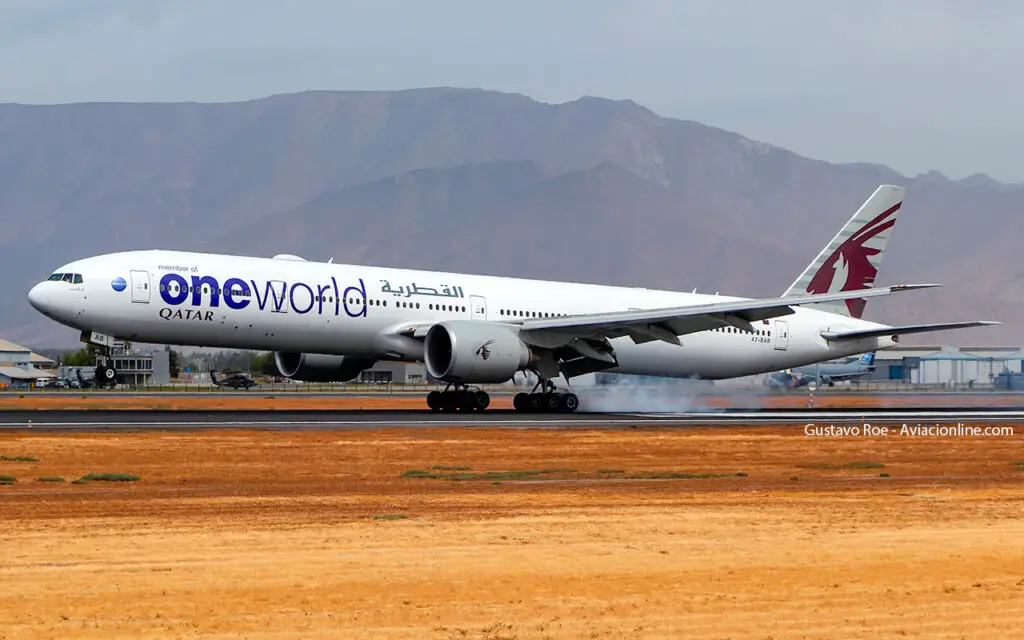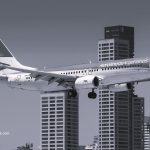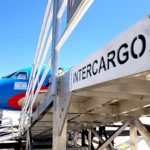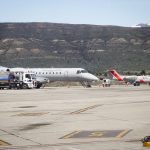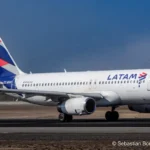The International Air Transport Association (IATA) has announced a collaboration with the oneworld Alliance to enhance the accuracy and quality of CO2 emission calculations in aviation. This partnership involves all 13 oneworld member airlines, Alaska Airlines, American Airlines, British Airways, Cathay Pacific, Finnair, Iberia, Japan Airlines, Malaysia Airlines, Qatar Airways, Qantas, Royal Air Maroc, Royal Jordanian, and SriLankan Airlines, contributing operational data to IATA’s CO2 Connect emissions calculator.
Marie Owens Thomsen, IATA’s Senior Vice President, Sustainability and Chief Economist, expressed her enthusiasm for the initiative: “travelers want to make informed choices regarding their CO2 footprint and IATA CO2 Connect set out to provide CO2 emission calculations based on operational data. We are delighted that oneworld will become the first airline alliance to join this initiative, bringing in its 13 member airlines as data contributors. Their decision underscores the importance of the industry’s objective of providing consistency and alignment in this field.”
Grace Cheung, Chair of the oneworld Environmental and Sustainability Board and General Manager of Sustainability at Cathay Pacific, highlighted the significance of this collaboration: “oneworld is proud to be the first global airline alliance to support IATA’s work to provide customers with high-quality estimates of the CO2 emissions of their flights. Our collaboration with IATA on CO2 Connect will in turn help key players across the aviation sector, including airlines, aircraft manufacturers and travel management companies among others, to make better and more informed choices for travelers and enhanced ESG reporting.”
Launched in June 2022, IATA’s CO2 Connect uses member airline data like fuel burn, cargo, and load factors to deliver high-quality per flight passenger CO2 emission calculations. It covers 74 aircraft types, representing approximately 98% of the global passenger fleet, and considers traffic data from 881 aircraft operators, accounting for about 93% of global air travel.
The CO2 Connect data calculations are made available to industry partners through various channels, including APIs and flat files, airline sales channels, and travel management companies.
A recent opinion poll revealed that while 90% of travelers feel responsible for being aware of their flight’s carbon emissions, only a fraction are actually informed. Interestingly, 84% find it easy to locate tools for estimating carbon emissions, yet 90% expect airlines or travel agents to provide this information, indicating a strong dependence on the industry for this knowledge.
IATA CO2 Connect is set to evolve further, with a corporate reporting solution already launched to meet the growing demand for accurate business travel CO2 reporting. Plans for next year include introducing CO2 compensation solutions for airlines and other industry partners. Moreover, a cargo calculator is in development, scheduled to launch in 2024, to meet demands from shippers and freight forwarders for accurate CO2 emission data based on actual airline information.
The Passenger CO2 Calculation Methodology (RP 1726) adopted by IATA’s Passenger Service Conference in March 2022 forms the basis of IATA CO2 Connect. This methodology, developed with input from 20 airlines and major aircraft manufacturers, includes guidance on fuel measurement, CO2 emission calculations in relation to flying activities, and factors like the Radiative Forcing Index (RFI), cabin class weighting, and considerations for carbon offsets and sustainable aviation fuel (SAF).

